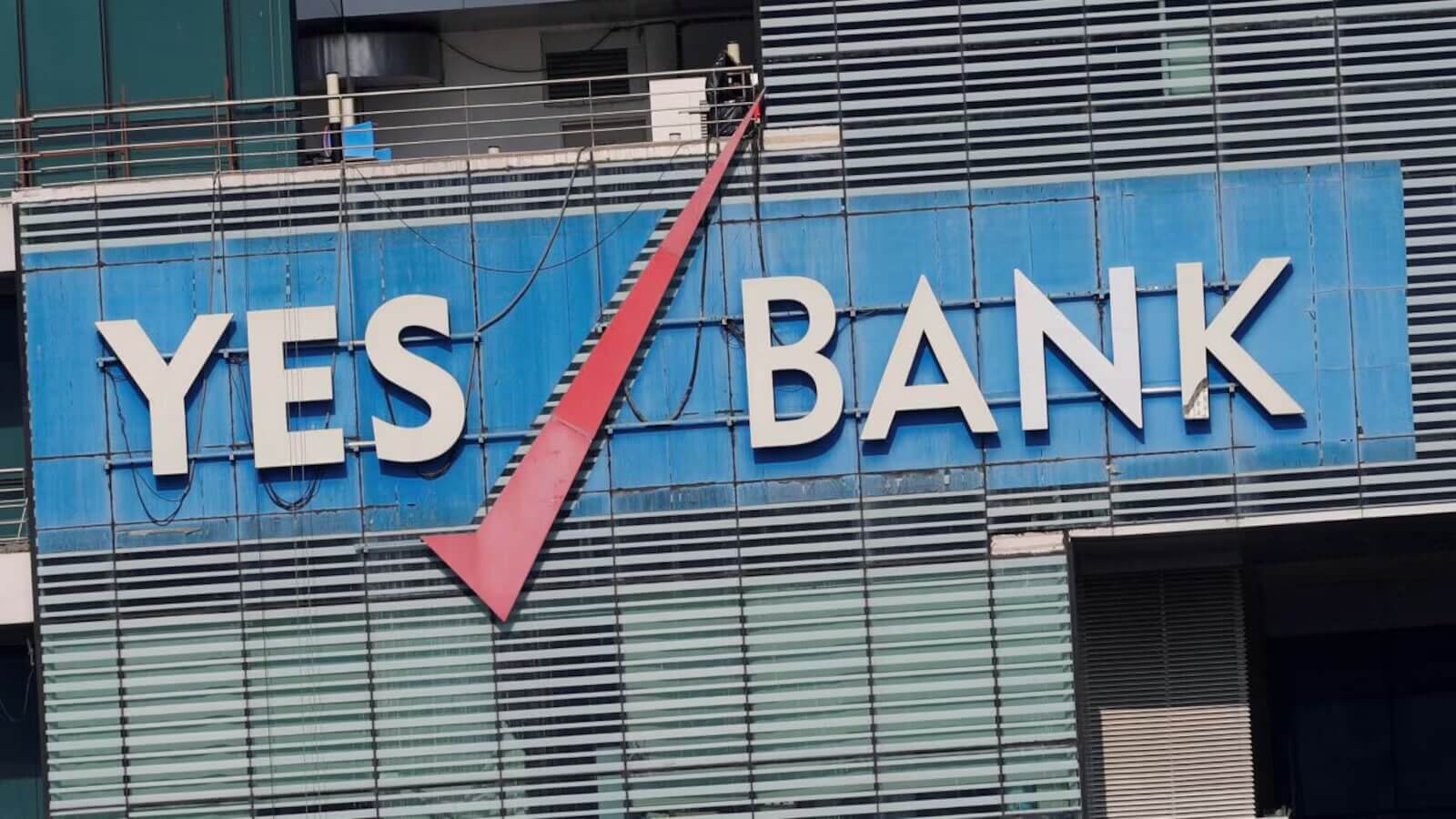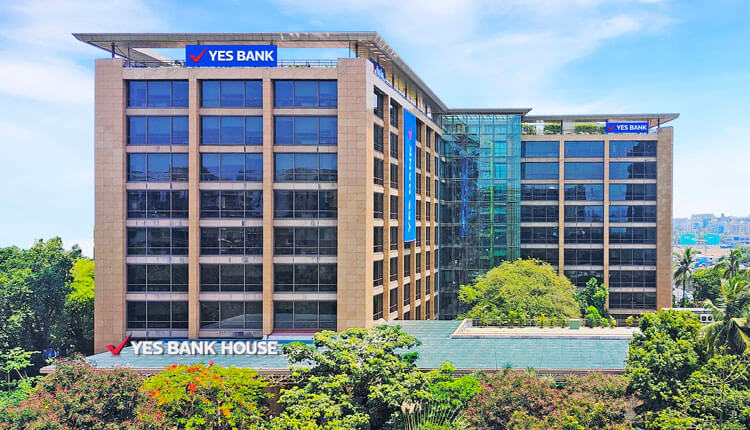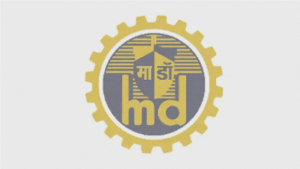
Table of Contents

Yes Bank, one of India’s leading private-sector banks, has seen a significant rebound in its share price over the past year, and 2024 seems to be shaping up as another strong year for the bank. From its troubled past to the strategic restructuring and solid growth it has achieved, Yes Bank’s recovery story has captivated investors and analysts alike. In this blog, we will discuss five powerful reasons why Yes Bank’s share price is rising and what makes it a top contender in India’s banking sector today.
1. Strong Recovery Post-Crisis
One of the most compelling reasons behind the surge in share price is its remarkable recovery after a period of financial instability. The bank faced a severe liquidity crisis in 2020, which led to a decline in share prices and raised concerns about its future. However, with the intervention of the Reserve Bank of India (RBI) and a restructured management, Yes Bank has gradually rebuilt itself.
In the last couple of years, the bank has focused on restoring its financial health, cleaning up its non-performing assets (NPAs), and improving its capital adequacy. With RBI’s strategic oversight, they were able to raise capital from investors, including a large infusion from the State Bank of India (SBI), which helped stabilize the bank’s financial position.
Today, they have a solid balance sheet, lower levels of NPAs, and is on a path to profitability. Investors have been encouraged by the bank’s strong financial performance, resulting in growing confidence and a rise in its share price. This recovery story has turned Yes Bank into an attractive investment option for those looking to capitalize on the rebound of a major financial institution.
2. Strong Management and Leadership
Another significant factor contributing to Yes Bank’s share price surge is the leadership and strategic decisions implemented by its new management team. In 2020, Prashant Kumar, the former Chief Financial Officer of State Bank of India, took over as the Managing Director and CEO of Yes Bank. Under his leadership, Yes Bank has executed several crucial reforms and risk mitigation strategies that have played a key role in stabilizing the bank.
The management’s primary focus has been on rebuilding customer trust, restoring operational efficiency, and reducing the bad loan book. Yes Bank has been successful in restructuring its loan portfolio, offering restructured loans to borrowers, and cutting down on risky exposures. This strategic focus on core banking operations and prudent lending has restored investor faith, positively impacting the bank’s stock price.
In addition to this, Yes Bank has been actively upgrading its digital banking capabilities, improving customer service, and implementing AI-driven automated solutions to improve efficiency. These steps have given investors a sense of confidence in the leadership’s ability to steer the bank back to profitability, which is reflected in the share price performance.
3. Robust Financial Results and Performance Indicators
Their recent quarterly financial results have demonstrated a strong rebound in key performance indicators, contributing directly to the rise in share price. The bank reported a significant jump in its net profit, primarily due to the reduction in NPAs and an improvement in asset quality. The decrease in provisioning for bad loans has boosted the bank’s profitability, leading to an uptick in earnings per share (EPS).
In addition to this, Yes Bank has been able to increase its loan book, particularly in sectors like retail banking, home loans, and small and medium enterprises (SMEs). The bank’s Net Interest Income (NII) has shown healthy growth, further strengthening its financial performance. The bank’s performance has also been buoyed by a sharp increase in its current and savings account (CASA) ratio, which is an indicator of low-cost deposits.
With strong financial performance across several metrics, investor confidence has surged, leading to a continued upward movement in the bank’s share price. Analysts and experts have upgraded their ratings on Yes Bank, and this growing optimism is reflected in its stock price.
4. Strategic Focus on Digital Banking and Innovation
Another powerful factor behind Yes Bank’s share price surge is the bank’s continued focus on digital banking and financial technology. The Indian banking industry is undergoing a major digital transformation, and Yes Bank has been quick to embrace these changes. The bank has implemented several digital initiatives aimed at streamlining operations and improving customer experience.
In recent years, Yes Bank has focused on offering online banking, mobile banking apps, and a range of digital financial products. It has also made significant investments in blockchain, artificial intelligence (AI), and machine learning (ML) to enhance its risk management and improve customer service.
With a growing number of customers preferring digital banking options, Yes Bank’s emphasis on digital transformation has made it a competitive player in the financial services sector. Investors see this as a key growth driver, especially in a country with rapidly increasing smartphone penetration and digital financial adoption. This strategy has allowed Yes Bank to differentiate itself from its competitors and play a significant role in India’s fintech revolution, which positively impacts the stock price.
5. Optimistic Outlook for the Indian Banking Sector
Yes Bank’s recovery and subsequent rise in share price is also supported by the overall positive outlook for the Indian banking sector. As India continues to experience rapid economic growth, the demand for banking services, loans, and financial products is expected to increase. This sectoral growth provides banks like Yes Bank with ample opportunities to expand their customer base and grow their business.
The Indian government’s focus on financial inclusion, digital banking adoption, and economic reforms has created a favorable environment for banks, particularly those with robust digital infrastructure like Yes Bank. Moreover, the low-interest-rate regime in India has led to increased borrowing, and banks have been able to capitalize on the growing demand for personal loans, home loans, and credit cards.
Yes Bank’s performance is tied to the growth of the broader Indian economy, and the bank is well-positioned to benefit from India’s economic recovery post-pandemic. Analysts are optimistic about the future prospects of the Indian banking sector, and this optimism is reflected in the positive sentiment towards Yes Bank’s stock, which continues to push the share price higher.
Conclusion: A Bright Future for Yes Bank
In 2024, Yes Bank has shown incredible growth in its share price, supported by a combination of factors, including its recovery post-crisis, strong management, impressive financial performance, and focus on digital banking. With an optimistic outlook for both the bank and the Indian banking sector, Yes Bank is positioned to continue its positive trajectory.
Investors who have been following Yes Bank’s progress in the past few years are now being rewarded with strong returns. The bank’s focus on financial stability, technological innovation, and expansion makes it an attractive long-term investment in India’s dynamic financial sector. As Yes Bank continues to leverage its strengths, improve its asset quality, and explore new growth avenues, its share price is likely to remain strong in the coming months.
For those looking to invest in a bank that offers a compelling mix of recovery, growth, and innovation, Yes Bank represents a stock with high potential in 2024 and beyond.

For more interesting stories: Sensex: 5 Key Factors Driving It To New Heights in 2024 |
Yes Bank: 5 Powerful Reasons Why Its Share Price Is On The Rise In 2024 |






